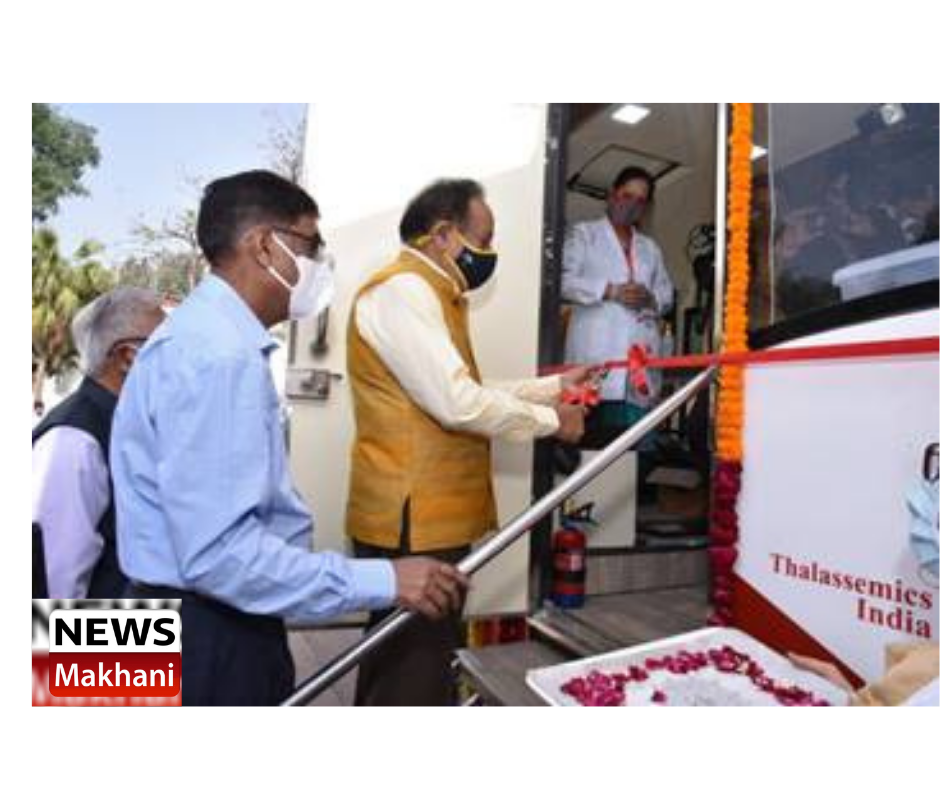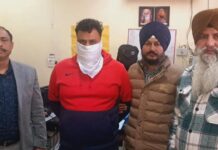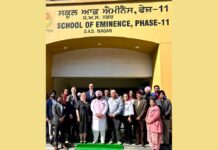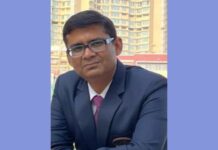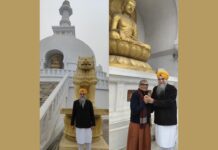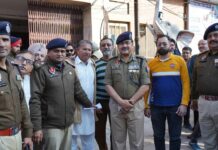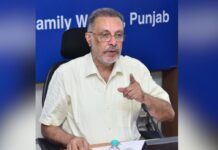Dr Harsh Vardhan started thr NAT Testing Facility at the Red Cross Society Headquarters
March 20th
Expressing his deep appreciation for these facilities, he welcomed the thought behind installing the State-of-the-Art Advanced Haemogenomics facility. “Commitment to Holistic Health Care is exemplified by 137% increase in budgetary allocations this year. We have started 22 new AIIMS, 127 new colleges which has increased the MBBS seats to around 80,000 from 50,000 (in 2014). PG seats have increased to more than 24,000.” He also detailed the achievements of Ayushman Bharat and National Health Mission in extending health care to every segment of the society. He reminded his audience that Nationalised PSUs have financed the ‘Thalassemia Bal Sewa Yojana’ for corrective surgery of innate haemogenomic conditions. Describing how transfusion of blood is an essential part of modern health care management, he stated, “In developed countries, 50 persons per 1000 people donate blood in a year. In our country, 8-10 persons donate blood per 1000 people in a year. India with a massive population of 1.38 billion requires just around 14 million units of blood annually. Ideally if 1% of the total eligible population donates blood every year there would be no shortage of blood.”Reminding everyone that the goal of securing 100% voluntary, non-remunerated blood donors for a regular and safe supply of blood has not yet been achieved, he said, “Countries that have efficient voluntary blood donor organisations are able to sustain a constant inflow of donors. Blood transfusion is a unique technology in that its collection, processing and use are scientifically based, but its availability depends on the extraordinary generosity of people who donate blood regularly as the most precious of gifts – the gift of life”.
He also observed that many people visit various shrines on important occasions and remarked that Blood Donation accrues the same Punya as undertaking these Tirthas. “As an additional benefit, regular blood donation also decreases the risk of many obesity related diseases,” he added. He also underscored the importance of pre-marital screening for Thalassemia in the offspring and said the matching of Rakt-kundli is more important than that of Janm-kundli. The Union Health Minister has also highlighted this issue during his reply to questions during the Question Hour in Lok Sabha yesterday.
On reducing the gap between demand and availability of safe blood, he observed the need to create awareness amongst the general public to donate blood voluntarily: “The educational programme, should be so designed that the community understands the advantage of regular blood donation. The groups targeted for motivation would be educational institutions, Industrial Houses, socio-cultural organisations, religious groups, and government organisations. Mass media should be engaged for motivating the people and sensitizing them towards their participation in the most effective way to mobilize voluntary blood donation.” Mr. R. K. Jain, Secretary General, Indian Red Cross Society, Shri Deepak Chopra, President, Thalassemics India and other senior office bearers of both the organizations were also present there.

 हिंदी
हिंदी
